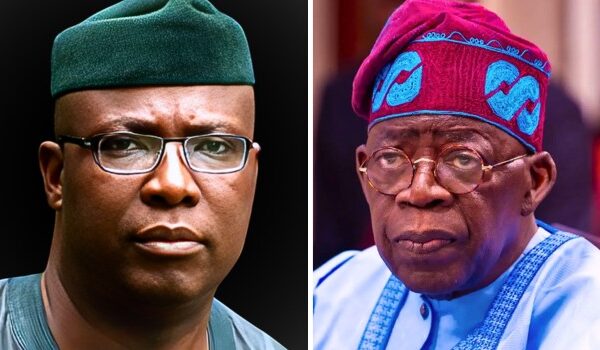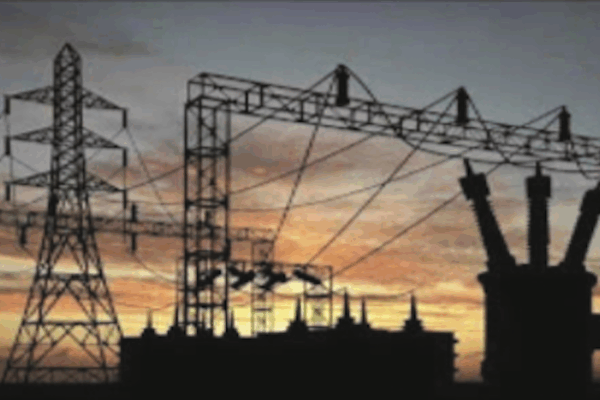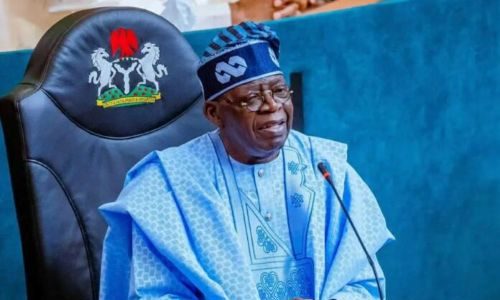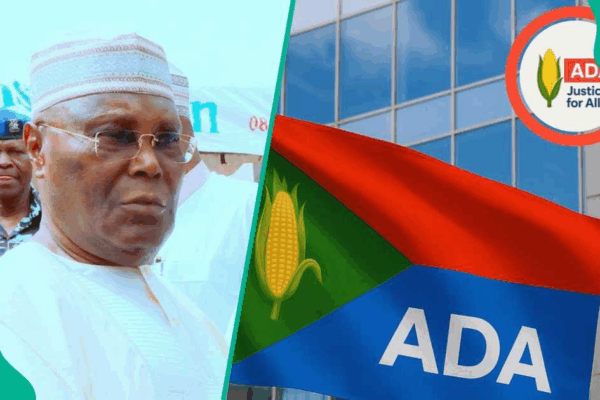
Ex-Presidential Aide Babafemi Ojudu Warns Insecurity Could Collapse Nigeria’s Democracy, Urges Tinubu to Act Decisively
Former presidential adviser and All Progressives Congress (APC) chieftain, Babafemi Ojudu, has raised alarm over Nigeria’s worsening security crisis, warning that continued inaction could destabilize the country’s democracy and possibly pave the way for a return to military rule. Speaking on Channels Television’s The Morning Brief on Tuesday, Ojudu expressed deep frustration with President Bola Tinubu’s handling of security, calling the government’s response dangerously inadequate. “I’m a member of the APC and I shouldn’t be seen to be deliberately criticising a president elected on our platform,” he said, “but the truth must be told — this is a serious challenge to the existence of this country. The President must sit up.” Ojudu, a former senator who represented Ekiti Central, said that violence is now rampant not just in the North-East and North-West but is encroaching on the North-Central and even the South-West, including parts of Kogi and Kwara states. Referencing the recent killings in Benue, Plateau, and Kano, as well as a deadly suicide bombing in Borno, he said Tinubu’s government has yet to adopt a cohesive national security strategy. “This is not something to treat like skirmishes between a few bad boys. The President must issue a marching order to all heads of military and intelligence agencies to create a coordinated master plan to end this crisis,” he insisted. Threat to 2027 Elections and Democracy Ojudu warned that failure to swiftly tackle insecurity could result in political manipulation of violence ahead of the 2027 elections — a scenario he said could derail democracy. “If these things continue, we don’t know what roles those violent elements may be forced into during the elections,” he said. “That, in itself, is a threat to the fabric of our society. We don’t want to run into exile again or be jailed under a repressive system.” He emphasized that widespread violence, unchecked kidnappings, and impunity threaten Nigeria’s stability and must be tackled with urgency. Federal Overreach and Structural Concerns Responding to recent comments by legal icon Olisa Agbakoba on governance reforms, Ojudu agreed that President Tinubu’s centralist policies contradict his long-standing pro-restructuring stance. “Knowing Tinubu as a restructuring advocate, I’m surprised that powers are again being consolidated at the federal level. We don’t need new commissions everywhere—we need devolved governance and real structural reforms,” he said. Context: Rising Violence Nationwide Ojudu’s remarks come in the wake of escalating violence: President Tinubu has ordered military and intelligence agencies to intensify action, set up peace-building committees, and affirmed that freedom of movement remains a “non-negotiable right” for all Nigerians. Still, many critics, including Ojudu, believe the government is moving too slowly — and that Nigeria’s security architecture needs an urgent overhaul before it’s too late.








